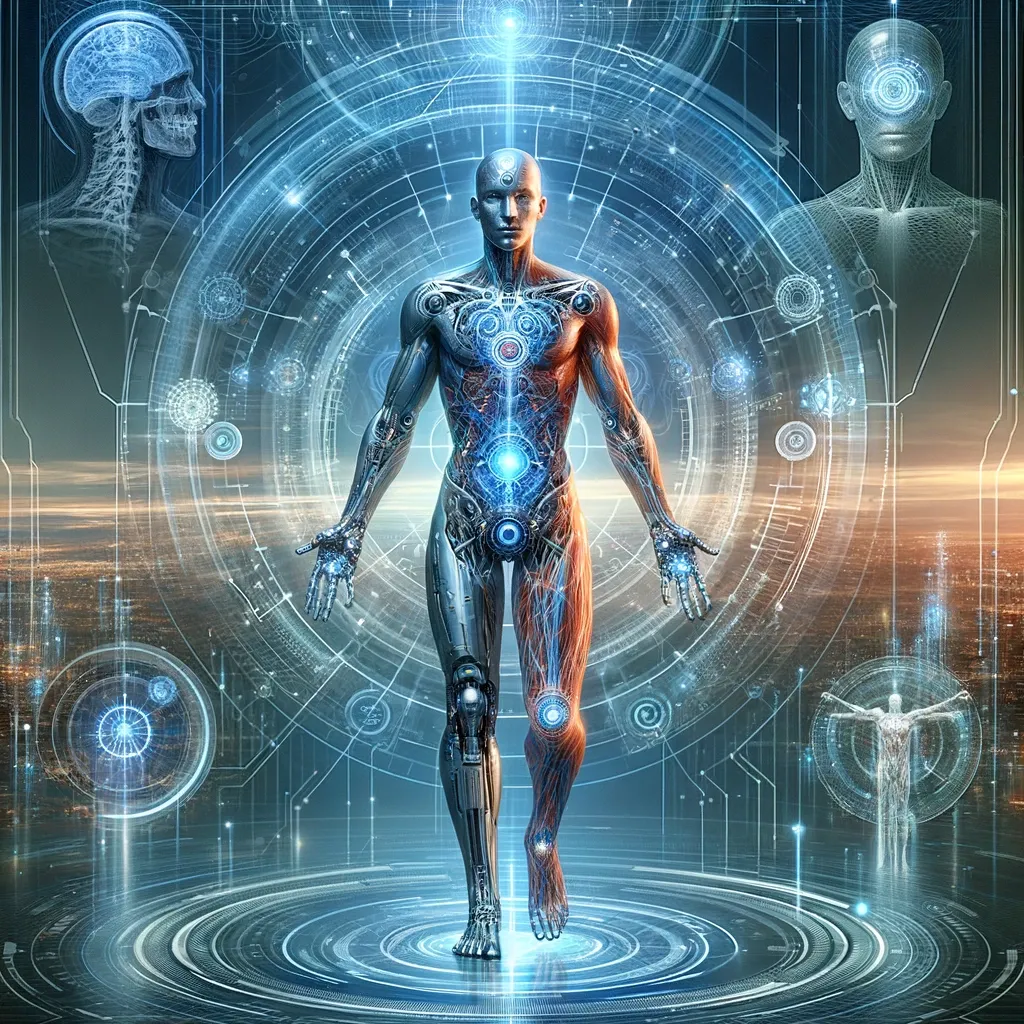Homo Cyberneticus: The Dawn of a New Human Epoch by 2030
As we approach the year 2030, the concept of Homo Cyberneticus – a new evolutionary stage for humankind – is not just a futuristic fantasy but an emerging reality. This article delves into the journey towards this new phase of human evolution, exploring how the fusion of technology with our biological essence

As we approach the year 2030, the concept of Homo Cyberneticus – a new evolutionary stage for humankind – is not just a futuristic fantasy but an emerging reality. This article delves into the journey towards this new phase of human evolution, exploring how the fusion of technology with our biological essence is reshaping our species.
The Genesis of Homo Cyberneticus
The term 'Homo Cyberneticus' encapsulates the idea of humans evolving from their current state (Homo Sapiens) to a more advanced form, intricately integrated with technology. This transition, which began subtly in the late 20th century with the advent of personal computing, has gained immense momentum in the past few decades.
Early Signs and Developments
Early signs of this evolution were evident through the widespread adoption of the internet and smart devices, fundamentally altering human communication, cognition, and social structures. The emergence of wearable technology and medical implants marked the beginning of a more physical integration with technology.
2030: A Pivotal Year in Evolution
By 2030, this integration is expected to be significantly more profound. Advances in biotechnology, nanotechnology, and artificial intelligence are predicted to lead to the development of highly sophisticated cybernetic enhancements. These enhancements could range from neural implants boosting cognitive abilities to biomechanical limbs surpassing the capabilities of biological ones.
The Socio-Cultural Impact
As we embrace Homo Cyberneticus, the socio-cultural implications are immense. The blurring line between human and machine raises ethical, philosophical, and societal questions. The concept of identity, privacy, and even consciousness could be redefined as humans increasingly integrate with AI and other digital technologies.
Challenges and Opportunities
The journey towards Homo Cyberneticus is not without challenges. Issues of accessibility, inequality, and governance of such technologies will be at the forefront of global discourse. However, the opportunities – such as enhanced human capabilities, eradication of certain diseases, and perhaps even extending the human lifespan – present an optimistic view of the future.
As 2030 approaches, the emergence of Homo Cyberneticus signifies not just an evolutionary leap but a paradigm shift in our understanding of humanity itself. It embodies the culmination of our technological advancements and marks the beginning of a new era in human evolution, where the boundaries between the biological and the technological are seamlessly blended.




